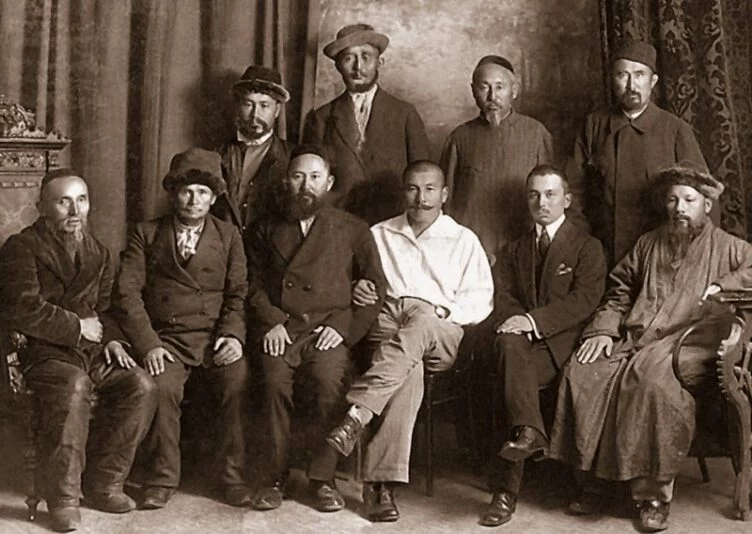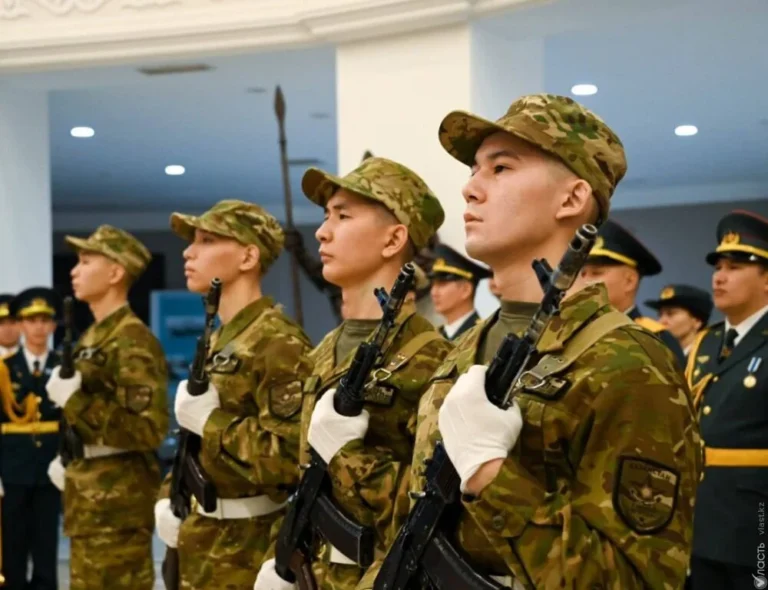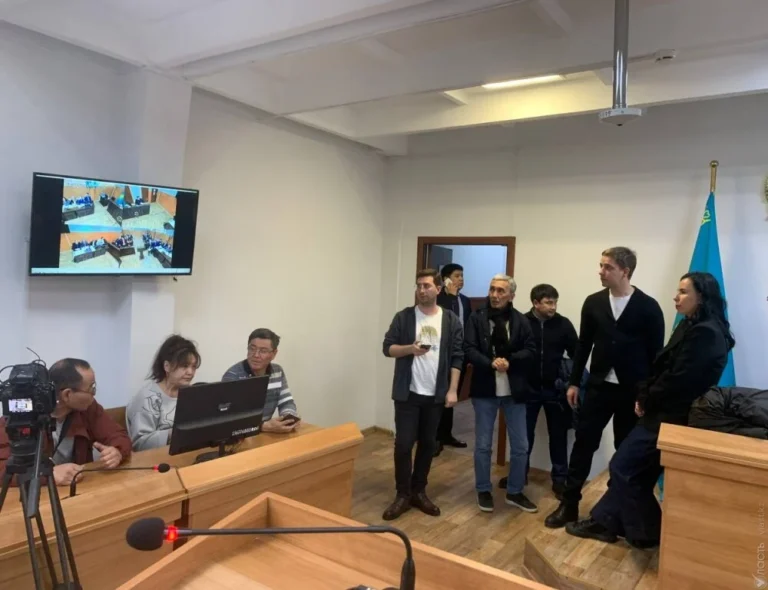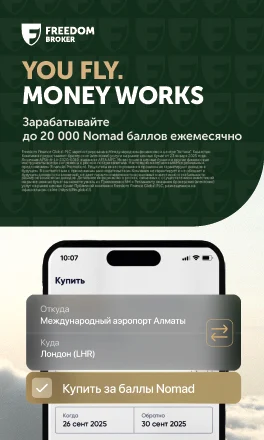Kazakh government under fire for attempt “to silence” scholars

The Kazakh Science Ministry has faced a strong backlash over its new instructions that would effectively censor scholars’ media interviews and publications.
The recommendations proposed by the Ministry of Science make “inadmissible” any material that could “damage the reputation of government bodies”. They also ban scholars from expressing opinion on Russian colonialism, the 1920s and 1930s famines caused in Kazakhstan by the Bolshevik and Soviet governments, the Kazakh exodus under the Bolsheviks, and Soviet political repressions.
The Ministry has been muted about the instructions since the appearance of critical media reports around them in early October.
The move appears to be aimed at preventing a rise in anti-Russian sentiment in the country, which could cause political frictions with the Kremlin and internal ethnic tensions.

Many Kazakhs don’t like the Russian government’s imperialistic rhetoric under President Vladimir Putin, and its war on Ukraine.
Historian Mambet Koygeldiyev described the Science Ministry’s guidelines as “rubbish”, and “a hint at returning to the totalitarian past”.
He said that in the past few years Kazakhstan has seen “an archive revolution” following the creation of a state commission for the rehabilitation of victims of Soviet political repressions, which opened access to many state archives.
“Is that all going to be curtailed now?” he asked.
Journalist Gulnara Rakhmetova said that the Kazakhs are yet to make sense of and process “what happened to us in the 20th century”.
“Why hide from the past, even if it is hard and tragic?” she asked.
“Judging by Ukraine’s dramatic experience, those we should fear are not our own domestic seekers of historical truth, but people from outside.
“It is every person’s right to know their own history, but for some reason the Kazakhs have always been denied this right, either by tzars, or Stalin, or the Bolsheviks, or our own government,” Rakhmetova said.
“If not for past atrocities [against Kazakhs], like Asharshylyq (famine), which took, according to various estimates, from 2 to 4m Kazakh lives, or the (Soviet) repressions which destroyed our intellectual elite, Kazakhstan could have been a different place now,” she added.
“The un-processed, un-learned lessons of the past are continuing to cast their shadows over our lives.”
Rakhmetova said that the Ministry’s recommendations, if enforced, could be seen as an attempt to silence the country’s “most progressive and patriotic” scholars.
Mikhail Poltoranin, first deputy prime minister under late former Russian president Boris Yeltsin, described the new guidelines as “idiotic” and against the constitution.
He warned Kazakhstan against “becoming like Russia, with its deceitful government, president and parliament who all work to ban any free thought, opinion and speech”.
“If the Kazakh authorities really want to follow Russia’s suit, I do not think they can get away with it. Your people [Kazakhs] are stronger than us,” Poltoranin, who headed the Special Commission for Declassifying the Communist party archives in 1992-93, told Exclusive.kz
“Russia is heading towards a collapse. Why repeat our fate?” he asked.
As an example of how far the Russian government has gone in terms of concealing information from the public, he said that when Russia’s State Duma adopts a national budget, 75 percent of it is kept secret.
“I call on Kazakhstan to reject such bans. Do not strangle your own country. Otherwise, like Belarus, you will be forced to crawl under Russia’s wing and live according to its grim rules,” Poltoranin said.
By Merey Sugirbayeva





Все комментарии проходят предварительную модерацию редакцией и появляются не сразу.